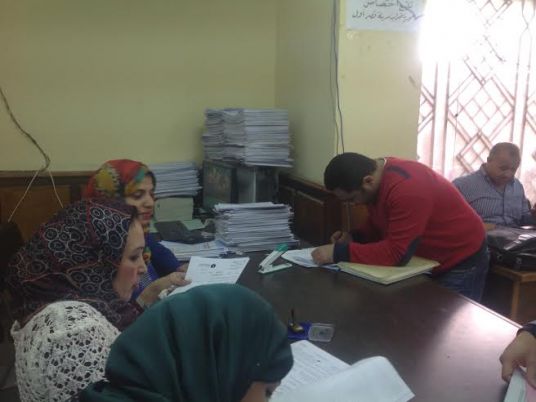Although I'm not enthusiastic about the new cabinet or the manner in which it was selected, Egyptians should give it a chance and assist its members in whatever ways are necessary to complete their job — provided there is clarity and agreement about what their job is.
For the new cabinet to succeed, it needs to accomplish three main tasks. First, it must facilitate the trials of ousted President Hosni Mubarak and former leaders of his regime. Second, it must set a national minimum wage. And third, it should outline a timetable for elections and the remainder of the transitional period.
To accomplish the first task, the cabinet requires a green light from the Supreme Council of the Armed Forces (SCAF). Since it has not yet received this green light, and has no guarantee of receiving one, the government's ability to carry out this vital task will be impaired throughout its period of cooperation with the SCAF.
Meanwhile, public opinion in Egypt attaches great importance to this issue and considers it the key to building trust between the people and the SCAF and to overcoming all of the difficulties of the interim phase.
The second task seems politically much easier but technically more difficult, as it requires monetary resources that may not be currently available. Egyptians understand the difficulties facing the government at this time and can lower their expectations accordingly, provided the government is honest about our economic situation and works concurrently on setting a reasonable maximum wage.
For people living in a poor country, it’s very difficult to accept anything but a minimum wage that covers their basic needs to maintain a dignified life, especially when the state treasury appears open for the ruling elite to dig their hands into as they please. Upon setting a maximum wage and abolishing extra-budget spending (an inexhaustible source of corruption), the government will have to then set a minimum wage.
The third task may seem the most challenging, especially in light of the continuing controversy around whether the constitution or elections should come first. This dispute can be solved easily if the government can convince all political parties and movements to agree on three things.
First, elections are the only way to select true representatives of the people. Elections must be held as soon as possible in order to accelerate the transition to a civilian government.
Second, the drafting of a permanent constitution can be postponed until after the transfer of power to elected civilians. A new constitutional declaration should suffice in the interim period.
Third, some key constitutional provisions must be agreed upon, especially if we don’t want to see the results of the next election reversed after the new constitution is adopted.
These include provisions that define the nature of our political system (parliamentary, presidential or mixed); establish our legislative authorities (unicameral or bicameral); re-assign parliamentary quotas for workers and peasants, or abolish them all together (which I would prefer); and guarantee judicial independence.
The government's task is not an easy one, but with goodwill success is possible.
Translated and abridged from the Arabic Edition.




